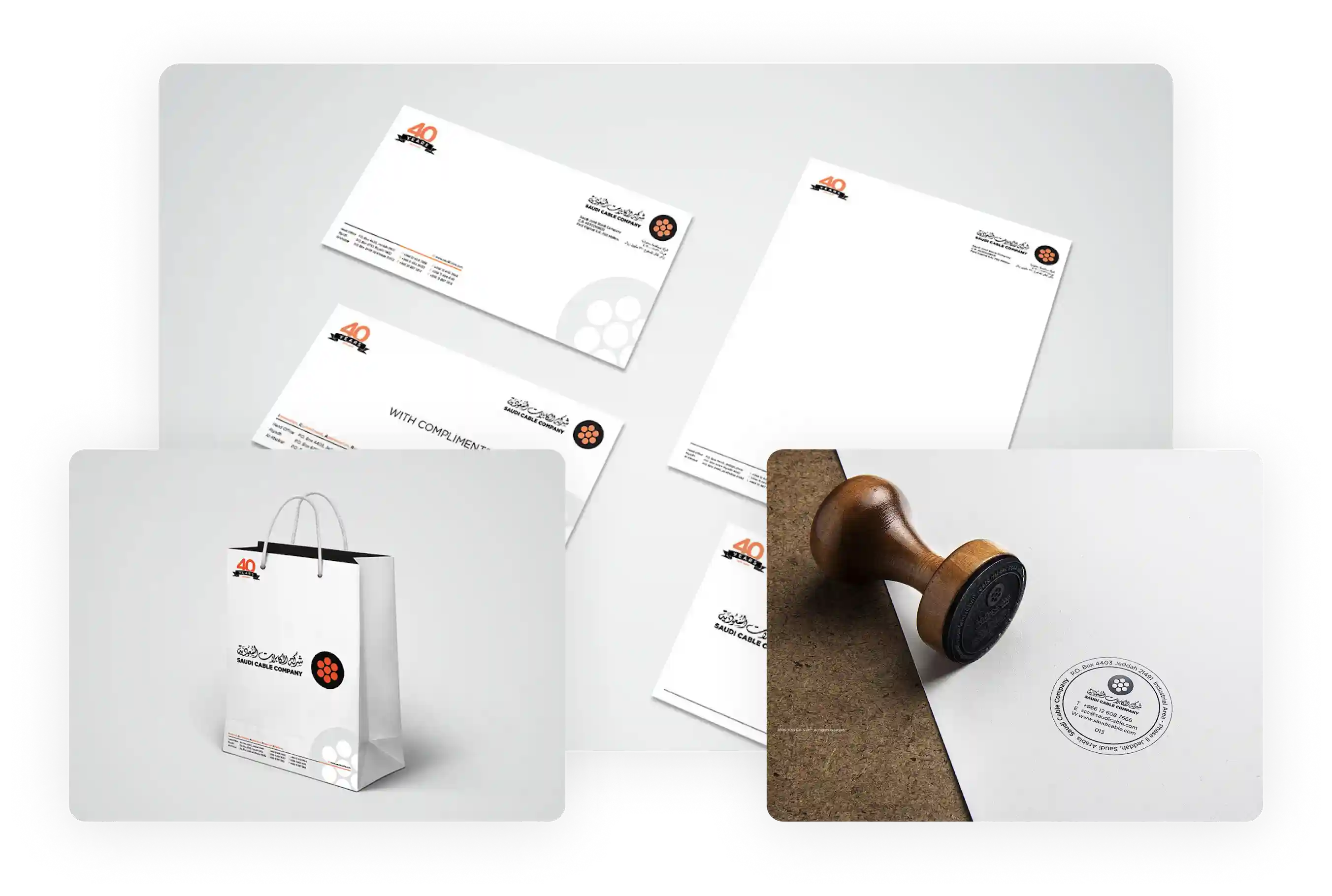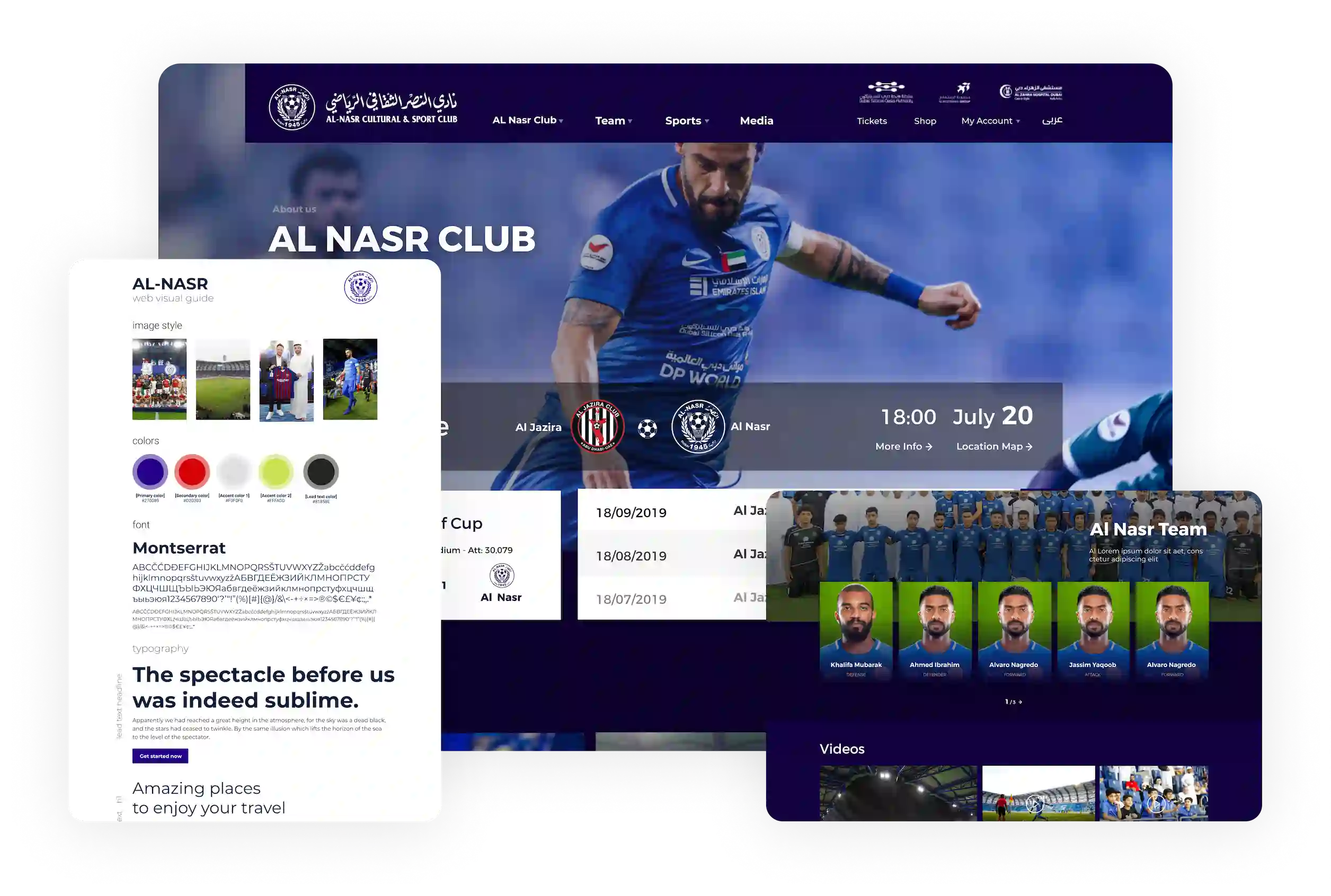The corporate identity of a business is an essential aspect that shapes its overall image and perception in the market. It encompasses various elements such as brand design, brand values, communication style, and visual representation. In this article, we will explore the concept of corporate identity, its significance for businesses, the key elements involved, and how it impacts a company's reputation and success. So, let's dive in!
1. Introduction
In today's competitive business landscape, establishing a strong corporate identity is crucial for companies of all sizes. A well-defined and consistent corporate identity sets the foundation for how a business is perceived by its target audience, stakeholders, and the public. It goes beyond just a logo or visual design; it encompasses the overall personality, values, and reputation of a company.
2. What is Corporate Identity?
Corporate identity refers to the way a company presents itself to the world. It is the unique combination of visual and non-visual elements that collectively create a distinct and recognizable image. It includes the company's name, logo, colors, typography, tone of voice, values, and overall brand identity.
3. Significance of Corporate Identity
A strong corporate identity plays a pivotal role in the success of a business. Here are some reasons why it is significant:

A well-crafted corporate identity helps create brand recognition. Consistency in visual elements, such as the logo, color palette, and typography, allows customers to easily identify and associate them with the company. This recognition fosters trust, loyalty, and positive brand perception.
3.2 Establishing Credibility and Trust
A cohesive and professional corporate identity enhances a company's credibility and instills trust in its stakeholders. It showcases a commitment to quality, professionalism, and consistency. When customers perceive a business as trustworthy, they are more likely to engage with its products or services.
3.3 Attracting and Retaining Customers
A strong corporate identity differentiates a company from its competitors and helps attract new customers. It creates a memorable impression and establishes an emotional connection with the target audience. Furthermore, a well-defined corporate identity contributes to customer loyalty and retention.
4. Key Elements of Corporate Identity
Creating a comprehensive corporate identity involves considering various elements. Let's explore some of the key elements:
4.1 Logo and Visual Design
The logo is the visual centerpiece of a corporate identity. It should be unique, visually appealing, and representative of the company's values and offerings. Along with the logo, the overall visual design, including color palette, typography, and imagery, should be consistent and aligned with the brand's personality.
4.2 Brand Messaging and Tone of Voice
A consistent and distinctive brand voice is crucial in conveying the company's values, personality, and messaging. It sets the tone for all communication, be it through advertising, website content, or social media posts. The language and style used should resonate with the target audience and reflect the brand's identity.
4.3 Corporate Culture and Values
The corporate identity should reflect the company's culture and values. This includes how employees are treated, the company's ethical standards, and its commitment to social and environmental responsibility. Communicating and living these values reinforces the corporate identity and builds trust with stakeholders.
4.4 Customer Experience
The customer experience is an integral part of corporate identity. The way a company interacts with its customers, from pre-sales to post-sales support, impacts its overall image. Consistency, responsiveness, and personalized service contribute to a positive corporate identity and enhance customer satisfaction.
5. Impact on Company Reputation and Success
A well-developed corporate identity has a significant impact on a company's reputation and success. Here's how:
5.1 Differentiation and Competitive Advantage
In a crowded marketplace, a strong corporate identity helps a company stand out from its competitors. It provides a unique selling proposition, making it easier for customers to choose its products or services over others. A distinctive corporate identity creates a competitive advantage and supports business growth.
5.2 Employee Engagement and Pride
A cohesive corporate identity fosters employee engagement and pride. When employees feel connected to the company's values and brand, they are more likely to be motivated, loyal, and passionate about their work. This, in turn, positively impacts productivity, innovation, and overall company culture.
5.3 Investor Confidence and Stakeholder Perception
A well-established corporate identity instills confidence in investors and stakeholders. It showcases a strong and reputable brand, which is crucial for attracting investments and building long-term partnerships. Additionally, a positive perception among stakeholders contributes to a company's overall market value and reputation.
6. Conclusion
A well-defined corporate identity is a powerful asset for any business. It shapes how a company is perceived, differentiates it from competitors, and establishes trust and loyalty among customers and stakeholders. By carefully considering and developing the key elements of corporate identity, businesses can create a strong foundation for their success in today's dynamic market.
7. FAQs
7.1 Why is corporate identity important for businesses?
Corporate identity is important for businesses as it helps build brand recognition, establish credibility and trust, and attract and retain customers. It sets the foundation for how a company is perceived and differentiates it from competitors.
7.2 How can a company create a strong corporate identity?
To create a strong corporate identity, a company should carefully consider its logo and visual design, brand messaging and tone of voice, corporate culture and values, and customer experience. Consistency and alignment with the company's values and target audience are key.
7.3 Can you provide examples of companies with strong corporate identities?
Certainly! Some examples of companies with strong corporate identities include Apple, Nike, Coca-Cola, Google, and Amazon. These companies have distinctive logos, consistent visual design, clear brand messaging, and a strong connection with their target audience.
7.4 What mistakes should businesses avoid in developing their corporate identity?
Businesses should avoid inconsistencies in their visual design, unclear brand messaging, disregarding their corporate culture and values, and neglecting the customer experience. It's important to ensure that all elements of the corporate identity align and contribute to a cohesive and impactful brand image.
7.5 What are the future trends in corporate identity?
Future trends in corporate identity include a focus on sustainability and social responsibility, personalization and customization, and embracing digital channels for communication and branding. Additionally, companies are increasingly prioritizing inclusivity and diversity in their corporate identity to resonate with a wider audience.







